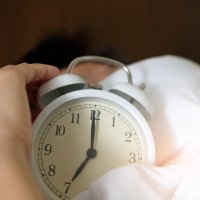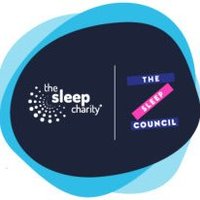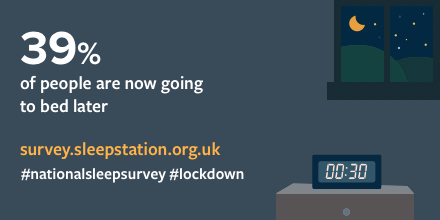
COVID Sleep Tips
@covidsleep
Evidence-based advice and tips from a group of sleep experts. Tips updated daily. Help us share the importance of sleep during the 2020 COVID-19 Pandemic
ID: 1256887375722151936
03-05-2020 10:04:50
25 Tweet
542 Followers
2,2K Following

I want to help, I'm a psychologist so I'm going to offer phone chats (free of course) for NHS frontline workers who want to talk through coping, stress & anxiety - have done work on resilience and NHS before Peter Brennan. Please DM me #NHSThankYou #NHS #coping

Are you one of the 39% who going to bed later since lockdown? Our latest survey results with @TheSleepCharity and Sleepstation 💙 on the nation's sleep are in. Read more >> sleepcouncil.org.uk/survey-reveals…












COVID SLEEP Q&A: Do you have questions about how the lockdown might be affecting your sleep and what to do about it? Reply to this tweet, tweet us COVID Sleep Tips or DM us and we'll do our best to answer them. #insomnia #lockdown2020




Are sleep trackers accurate? Here's what researchers currently know theconversation.com/are-sleep-trac… via The Conversation










